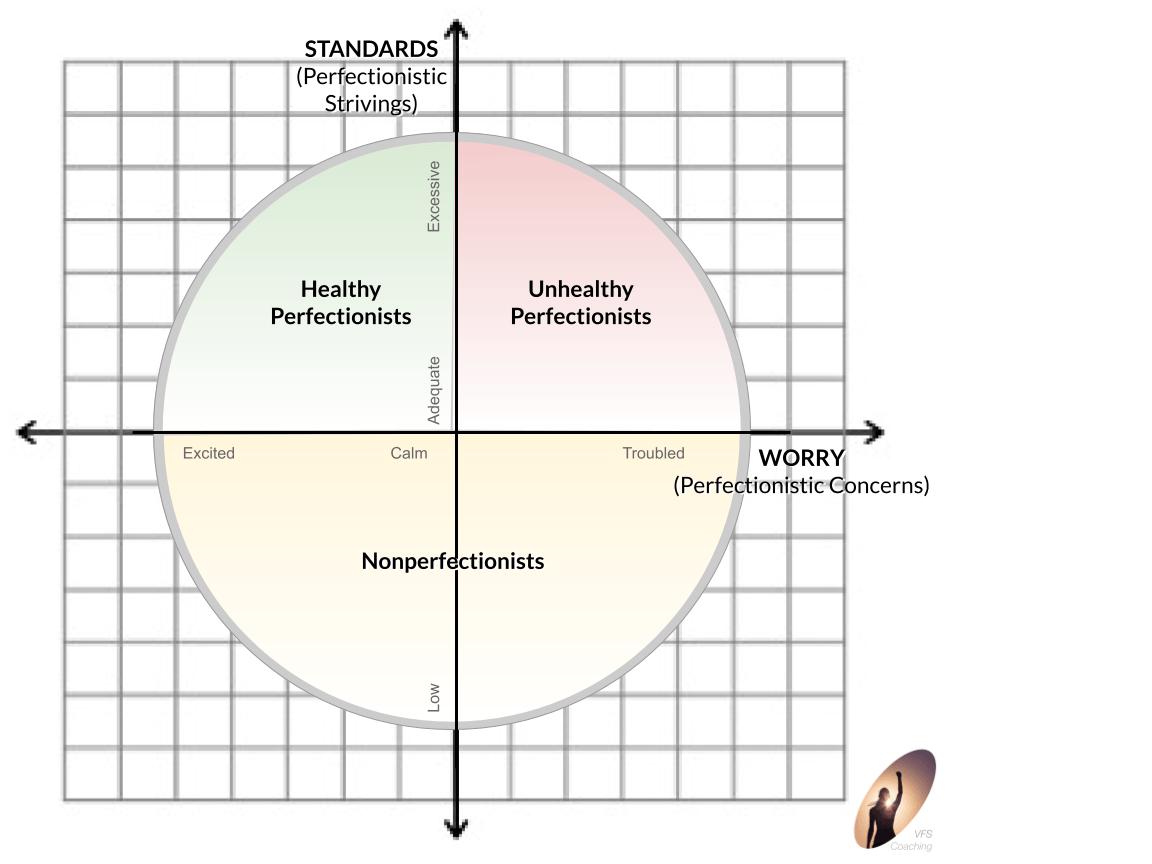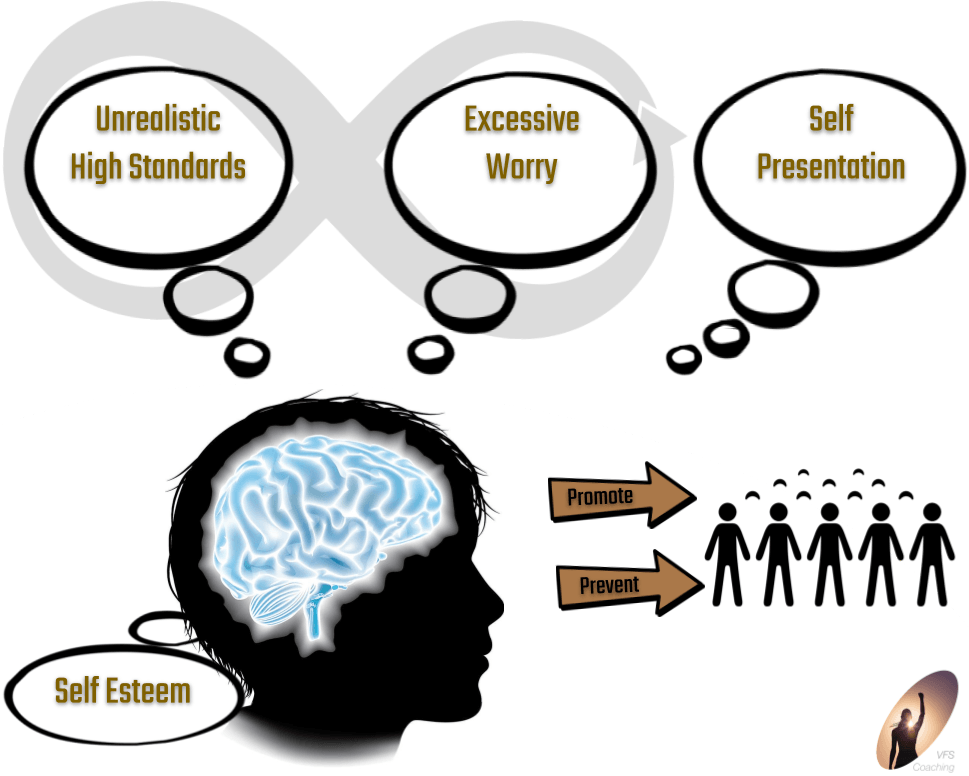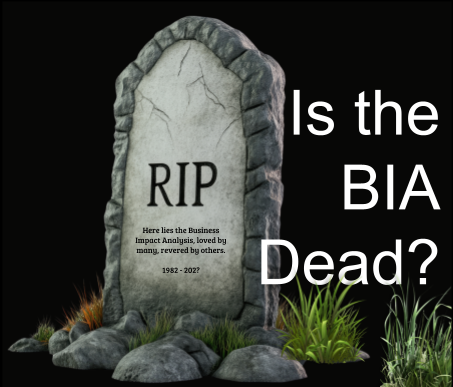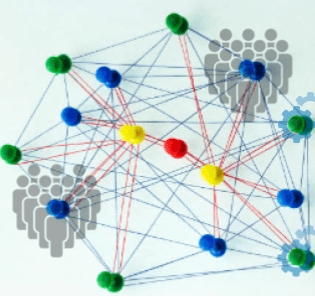Do I want to overcome my perfectionism?
Thanks to our friends from the VFS Performance Coaching practice for this article.
VFS Coaching
7 Minute Read
This is part 1 of a 2 part series.
Ok, so the headline says it all…but before we continue, I want to be very clear about something. In this article, we explore a very real personality trait, as recognised in the field of Psychology, perfectionism. As with all these traits and biases, there are varying degrees to the extent that someone demonstrates these behaviours or thinking patterns. VFS Coaching provides articles such as this one to help people develop a greater understanding of personalities. It’s easy to read articles like this and think “ahhh! this is me, this explains why I think this… or feel that”. And whilst self reflection and personal discovery is great, it’s really… and I mean REALLY important to recognise when these traits and their resulting behaviours kick in and when they don't. The intention of this article is
not to encourage you to apply a label to yourself or others.
Ok, now I’ve said that, let's get to the topic,
Perfectionism and how to overcome it.
The term perfectionist conjures up a variety of images and thoughts. It can be used as a compliment and as a derogatory term. It can also be used as a means of justifying someone's actions…..your own or those of another.
Perfectionism can drive impossibly high standards and have dramatic consequences. Perfectionism is a complex characteristic that according to experts, can be
“adaptive (healthy, positive, functional) or maladaptive (unhealthy, negative, dysfunctional)” (Stoeber, 2018).
There are several ways to define and describe perfectionism, but most theories identify the following three features (or traits) of perfectionists (Antony & Swinson, 2009).
Perfectionism:
- Adopting standards that are extremely difficult or impossible to meet.
- Setting expectations so high that they damage, rather than enhance, one's performance.
- Tends to co-exist with other mental health problems, including depression and anxiety.
The number of people experiencing perfectionism is rising dramatically, especially among the young (Curran & Hill, 2019).
Is perfectionism bad?
Striving for the perfect, flawless performance in sport has led to incredible performances and achievements.
“While perfectionism in any activity requiring discipline and prolonged focus can have its benefits and deliver success, at other times, it can damage motivation and directly lead to failure” (Stoeber, 2018).
Striking a balance
I suspect you’re reading this article to learn how you might get better at managing your perfectionistic traits. So, how do we manage the exceedingly high expectations we have for ourselves and others while addressing our concerns over making mistakes and handling criticism?
Below, we explore this character trait in more depth. In part 2, we look at techniques and approaches to help you combat perfectionism whilst understanding when good is good enough.
A closer look at Perfectionism
Whilst there have been many academic studies and almost as many ways to define and model this trait, there is common ground. There are two main dimensions of perfectionism, High Standards and Excessive Worry.
High Standards
Stoeber (2018) and Antony & Swinson (2009) describe
Perfectionist strivings as a combination of (exceedingly) high personal standards that perfectionists set:
- Self-oriented perfectionism:
Setting impossibly high standards for yourself
- Other-oriented perfectionism:
Setting impossibly high expectations for others
- Socially prescribed perfectionism
Assuming others have expectations of you that are impossible to meet
When working on this personal trait as part of a
self-improvement or personal performance
plan, it helps to consider which of these you may be doing at any given time.
Excessive Worrying
Stoeber (2018) and Antony & Swinson (2009) also describe a second factor that drives excessive fear and worry about making mistakes.
Perfectionist concerns focus perfectionists’ attention, and thus excessive energy, on endless doubts about almost everything, from actions taken, parental expectations, and criticism of meeting social expectations.
Perfectionistic concerns comprise an overly critical evaluation of oneself, such as:
- The Future
Concern over making mistakes in the future
- The Past
Adverse reactions to failure, such as rumination over mistakes already made
- Skewed Self-Image
A perceived difference between one’s personal standards and one’s actual performance
Note: perceived, not necessarily an actual difference or shortcoming
- External Validation
A high need for approval, seeking validation from others and being sensitive to criticism
(Adapted from Frost et al., 1990; Hill et al., 2004; Slaney et al., 2001)
These can all be in play at the same time. As with perfectionistic strivings, it can be helpful to try to break down your worries and (with your coach if you have one) try to pinpoint which is impacting you the most.
Self Esteem
Perfectionism is also linked with self-worth and self esteem disorders. The defining negative aspect of perfectionism is the belief that personal high standards are not being met, the Skewed Self-Image mentioned above. Studies show that unhealthy perfectionism typically results in high social stress and anxiety, reflecting one’s feelings of inadequacy and low self-esteem.
High achievers tend to have high self esteem, but that’s not the case with perfectionists. Perfectionists tend to be very self-critical and unhappy, and suffer from low self-esteem. They can also be lonely or isolated as their critical nature and rigidity can push others away as well. This can lead to lower self-esteem.
If you’re unsure on what you are trying to achieve or have a lack of meaningful goals, this can add to the sense of not achieving or not meeting expectations. It’s healthy to have personal goals, even if they’re not ambitious and are simply grounded in what it is you already have and enjoy.
Your Persona & Facade
Perfectionism can be caused by a fear of judgement or disapproval from others. Self-presentation is how we present ourselves to others, be it authentic or an intentionally misleading facade. Early childhood experiences, such as having parents with unrealistically high expectations, may also play a role. Children that were exceptional at something and praised for it can grow up worrying about maintaining these levels of success. People with mental health conditions such as obsessive-compulsive disorder (OCD) may also tend to exhibit perfectionist tendencies.
Self-presentation involves two aims:
- Promotion focused
Promoting the impression of being perfect
- Prevention focused
Preventing the impression of being less than perfect
Side Effects
The strong links between OCD and perfectionism, and depression and perfectionism are well documented. From a Performance & Wellbeing perspective, let us consider if it is perfectionism that is causing your
procrastination, tiredness (burnout) or a lack of motivation. As I mentioned at the beginning, in the world of performance coaching, we explore these areas, not to diagnose severe disorders, but to look for opportunities to improve personal wellbeing and performance.
Recap
In this first of two articles on the subject of
Perfectionism we've introduced the concept and defined it as it is described in the world of psychology. We've covered unrealistic high expectations of oneself and of others, excessive worry, unhealthy levels of deliberate self-presentation and its effects on self esteem. We've also thrown in
a few tips for you to consider.
In the
second part of this series we will delve more deeply into these side effects and explore strategies for overcoming them in order to improve your personal performance and wellbeing.














